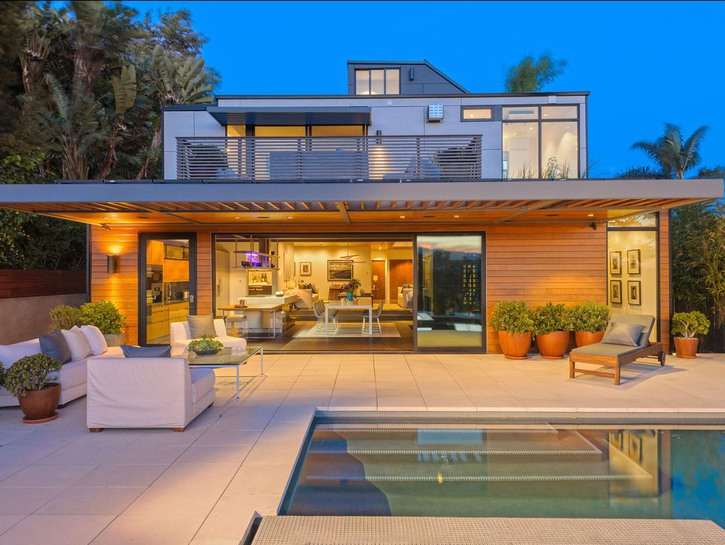Amazon doesn’t just want to sell home goods and utilities, it wants to sell the home itself. The Alexa Fund, Amazon’s voice technology venture, has recently invested into Plant Prefab, a two-year-old modular home company. The intent is to create prefabricated homes that come standard with voice-activated technology. Smart homes appeal to all sorts of home buyers and have significant benefits.

Affordability
Scott Glenn, CEO of Plant Prefab told Global News Wire: “In the housing-crunched major cities like Los Angeles, New York, and San Francisco, along with areas like Silicon Valley, it takes too much time to build a home from groundbreaking to occupancy, and labor shortages, construction delays and increased construction costs are exacerbating this trend even further—and making homes increasingly less affordable.”
Plant Prefab says it can build homes 10-25 percent cheaper than traditional homes. Because the modular homes’ structural components are built inside a factory, they can proceed in a timely manner without having to account for weather. The buyer benefits from the manufacturing efficacy of prefabricated homes because they garner less financial overhead.

Sustainability
In-factory construction is also good for the environment. Building on a construction site means there are cars carrying contractors and trucks carrying materials going to and fro. In-factory sites eliminate the increase of pollution created by these transporters.
Also, because homes are created through an assembly line manufacturing process, there is often less waste which is always good for the environment. This process also allows the builders to order pre-cut materials in mass quantity. Any materials that are left over can be reused because it will remain in the factory for the next home to be formed rather than being thrown away as would happen at a construction site.

Efficiency
Plant Prefab has developed 12 different standard homes. This allows the buyer to make quick decisions about the blueprint of their home. All 12 have been designed by architects who have considered optimal living spaces for efficient living practices. If you want something more personal, Plant Prefab employs several designers and architects who will work with you to customize your home.
This company, who grew out of Living Homes, has streamlined the construction process from site development, to permits, to the finishing touches. Whether a client chooses a standard home or a custom home, both will be constructed timely. By using only a few designs, the crew can erect homes quickly. This efficacy saves you time and money.

Drawbacks Of Modular Homes
Cost of Land
Unlike traditional homes, prefabricated homes do not include the land. It has to be purchased separately then excavated level in preparation of the home.
Mortgage
Because you are constructing a home rather than buying it, the loan process may be a little bit different. However, it may be unusual for you but loan officers are familiar with the process.
Land Restrictions
Depending on the municipality’s Building Commission, you may run into limitations when building a modular home.

The demand for prefabricated homes has grown as the recession created by the traditional real estate market left potential partners out of the playing field. Paul Bernard, CEO of The Alexa Fund told Business Insider, “Plant Prefab is a leader in home design and an emerging, innovative player in home manufacturing. We’re thrilled to support them as they make sustainable, connected homes more accessible to customers and developers.”

While Plant Prefab has been growing, so has the voice technology venture of Amazon. In a prepared statement, Bernard told Business Insider, “‘Voice has emerged as a delightful technology in the home, and there are now more than 20,000 Alexa-compatible smart home devices from 3,500 different brands.
The smart home market is expected to grow into a $53 billion industry by 2022, according to Zion Market Research. Therefore, by creating modular homes that come standard with voice technology, Amazon and Plant Prefab can use both brands’ histories and developments to market this new product successfully and with mass appeal.

That’s why, along with Obvious Ventures, Amazon Alexa Fund has shared the $6.7 million dollar investment into Plant Prefab. The goal of this first round of fundraising is to develop Plant’s patented building system and expand its team of designer and developers.

Plant Prefab and Amazon are forward-thinking companies that want to maximize how the home can work for you rather than you perpetually working for a home. It is the peanut butter and jelly sandwich of mergers: the components are fine alone but are perfection together. Therefore, the smart home may prove to be the smartest way for you to purchase a home.
